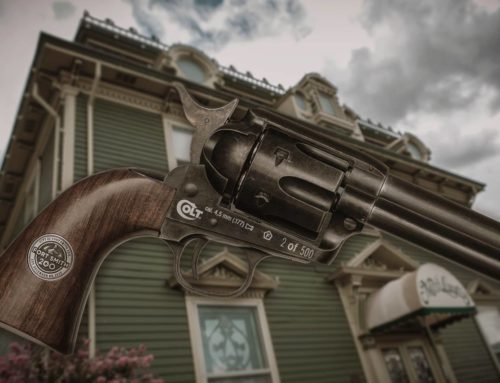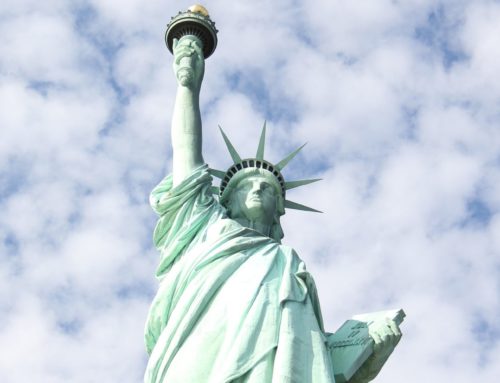Under the Arkansas statute (5-71-212), the prosecution has to prove beyond a reasonable doubt that a person:
(1) Appears in a public place and
(2) manifestly under the influence of alcohol or a controlled substance to the degree and under circumstances such that:
(3) The person is likely to endanger himself or herself or another person or property; or the person unreasonably annoys a person
(4) the person unreasonably annoys a person who is in his or her vicinity.
I’m often asked by clients something to the effect of: “Why should I plead not guilty? I was drunk, and I was in public. I’m guilty.” If being drunk in public were enough for a public intoxication conviction in Arkansas, then the police could arrest every single person leaving the Dickson Street bars on Saturday night. As a criminal defense attorney in Fayetteville, Arkansas, I’ve won plenty of public intoxication case.
So, what does the prosecution have to actually prove in court to convict you of public intoxication in Arkansas?
1. The prosecution has to prove you were in public. The definition of “in public” turns up in Arkansas case law a few times:
The tailgate of a pickup truck which was parked on the side yard of a private residence was not a public place. Weaver v. State, 1996 (This case discussed Drinking in Public, a different offense which uses similar language). So, if you’re on private property where you have a right to be, you’re not in public.
A Defendant who was found sitting in his truck ten to twenty-five feet from the traveled portion of a highway was in a “public place” as contemplated by statute proscribing presence of any intoxicated person in a public place. Berry v. City of Springdale, 1964. So, if you’re just off of a highway, it’s likely that a court will call that a public place unless you’re on private property.
2. The prosecution also has to prove that you were intoxicated, which has been defined differently over the years by statutes and case law:
“The term “drunk” is properly defined as being under the influence of intoxicating liquor to such an extent as to have lost the normal control of one’s bodily and mental faculties, and commonly to evince a disposition to violence, quarrelsomeness, and bestiality.” Additionally, even if you show signs of “strong drink,” as long as you are attending to your business in an orderly manner and still have your “faculties” you cannot be convicted of “drunkenness.” Brooke v. City of Morrilton, 1908.
Unfortunately, the police do not have to administer a sobriety tests (or a breathalizer) in order to determine intoxication. The odor of alcohol, bloodshot/watery eyes, admission of drinking, and unruly behavior combined are enough. See Bailey v. State, 1998.
However, I agree with a civil case from 1907 (Midland Valley R. Co. v. Hamilton) that states the terms “drunk” and “sober” sufficiently define themselves.
(3) (a) Finally, the prosecution must prove that you were a danger to yourself, others, or property OR (b) that you unreasonably annoyed a person who is in his or her vicinity.
Part (a) is pretty self-explanatory. If you were passed out on the street, fighting someone, running in traffic, sent to the hospital for alcohol poisoning, standing on railroad tracks, bashing mailboxes, throwing things, etc, then the prosecution can prove this element.
As to part (b), if you were reasonably annoying or unreasonably annoying to someone not in your vicinity (think “drunk dialing”) then the prosecution probably won’t be able to prove this element of the crime.
Possible Defenses:
A separate defense to Public Intoxication could be whether you were arrested or just issued a citation. Arkansas Code § 12-11-110 mandates that if a competent person is not around to tend to the disorderly or intoxicated defendant, the defendant must be arrested. Your attorney could ask the officer “You did not arrest the defendant?” “Doesn’t this statute say that you must arrest the defendant if they are publicly intoxicated?” Then your attorney could argue that if the officer did not arrest you then that must be evidence that you were not guilty of the crime, as it would be against the law for the officer not to arrest you had you committed the crime.
Public Intoxication is a Class C misdemeanor, which means it has a maximum punishment of up to 30 days in jail and a $500 fine. However, in a lot of courts, it is possible for an attorney to get a much lower fine, no jail time, and keep the charge off your record.
For people with extensive criminal records or if the behavior/intoxication level was particularly serious then harsher sentences are likely.
If you’ve got a moment, you should listen to one of the best drunk in public conviction stories of all time, by comedian Ron White:
https://www.youtube.com/watch?v=4pTlCtUMvjs
What’s the average offer when charged with Public Intoxication in Fayetteville District Court or another county in Arkansas? Call us and find out: 479-782-1125



